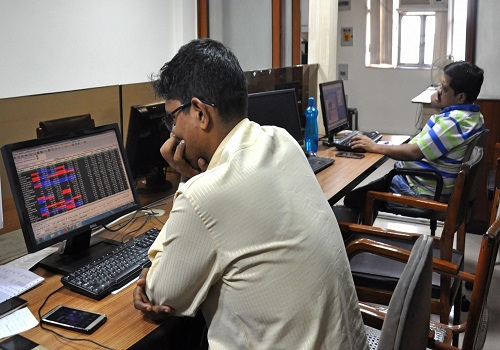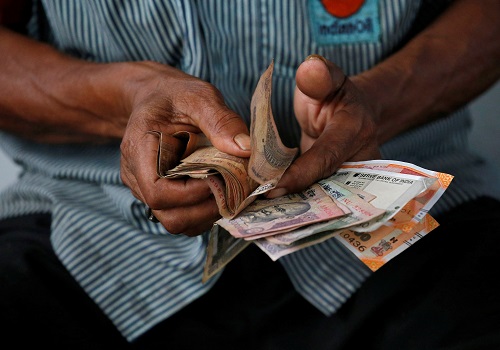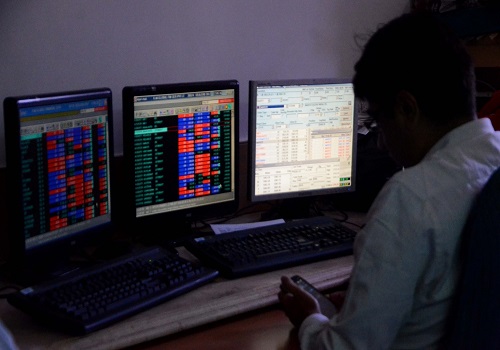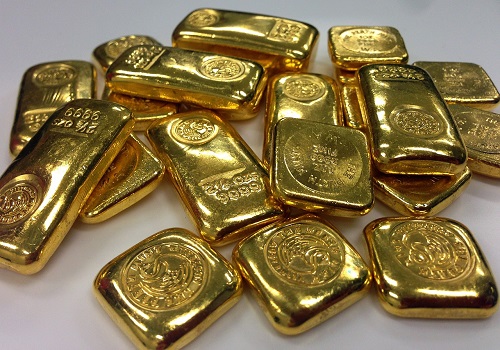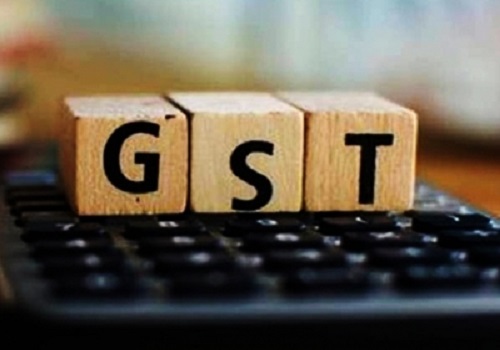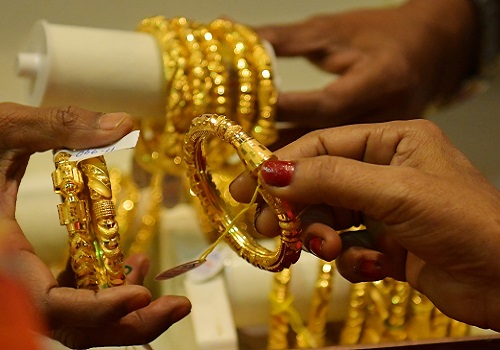Black Pepper Prices Drop Amid Rising Imports, Low Demand By Amit Gupta , Kedia Advisory
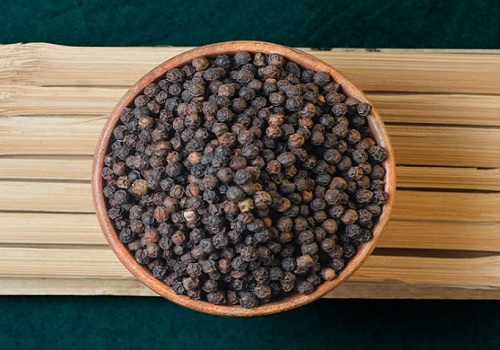
Black pepper prices have fallen by ?17 per kg in the past two weeks due to a surge in imports and subdued demand. Approximately 4,422 tonnes of pepper from countries like Sri Lanka, Brazil, and Vietnam have entered the Indian market, leading to an oversupply. Domestic demand remains low, even with the onset of the festive season, as cheaper imported pepper is priced ?25 per kg less than local varieties. The export market, especially to China, has also weakened. Trade associations have urged the government to review pepper import policies to protect local farmers from further price declines caused by the influx of lower-priced imports.
Key Highlights
* Black pepper prices fell by ?17 per kg in two weeks.
* Rising imports of 4,422 tonnes from Sri Lanka, Brazil, and Vietnam impacted prices.
* Domestic demand remains weak despite the start of the festive season.
* Imported pepper is ?25/kg cheaper than domestic varieties.
* Trade associations urge government to review pepper import policies.
Black pepper prices have witnessed a sharp decline, dropping by ?17 per kg over the past two weeks. This downward trend is primarily driven by a surge in imports and sluggish domestic demand. Traders have reported that 4,422 tonnes of imported pepper, mostly from Sri Lanka, Brazil, Vietnam, and Indonesia, have flooded the Indian market, creating a price slump. The influx of cheaper imported pepper has led domestic consumers and the food industry to hold back on purchases, anticipating further price drops.
The domestic pepper market is currently trading at ?646 per kg for ungarbled varieties and ?666 for garbled ones, while imported varieties like 500 GL stand at ?636. The festival season, which usually boosts demand, has seen little impact due to the availability of these cheaper imported stocks, which are priced ?25 less per kg than the domestically grown ones. In addition, the demand from export markets like China has also fallen, further adding to the price pressure.
Other factors contributing to the weakened market include reduced buying from the US and European consumers due to geopolitical tensions in West Asia. With declining exports and domestic demand, the Indian Pepper and Spice Traders, Growers, and Planters Consortium has urged the government to reconsider the pepper import policy to protect local farmers from the glut of cheaper imports.
Finally
Black pepper prices are under pressure due to increased imports and weak demand. Without policy changes, the domestic market may see further declines.
Above views are of the author and not of the website kindly read disclaimer

